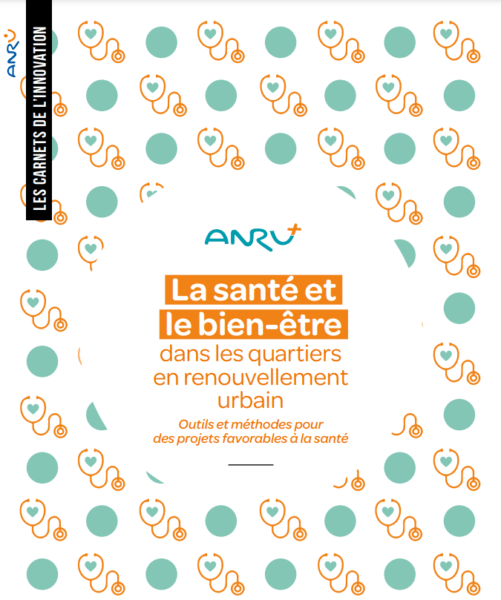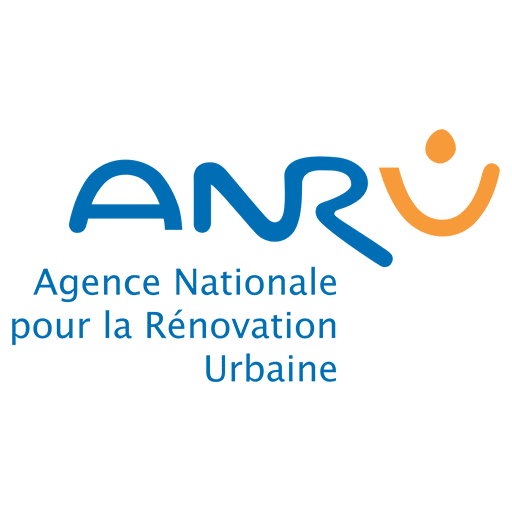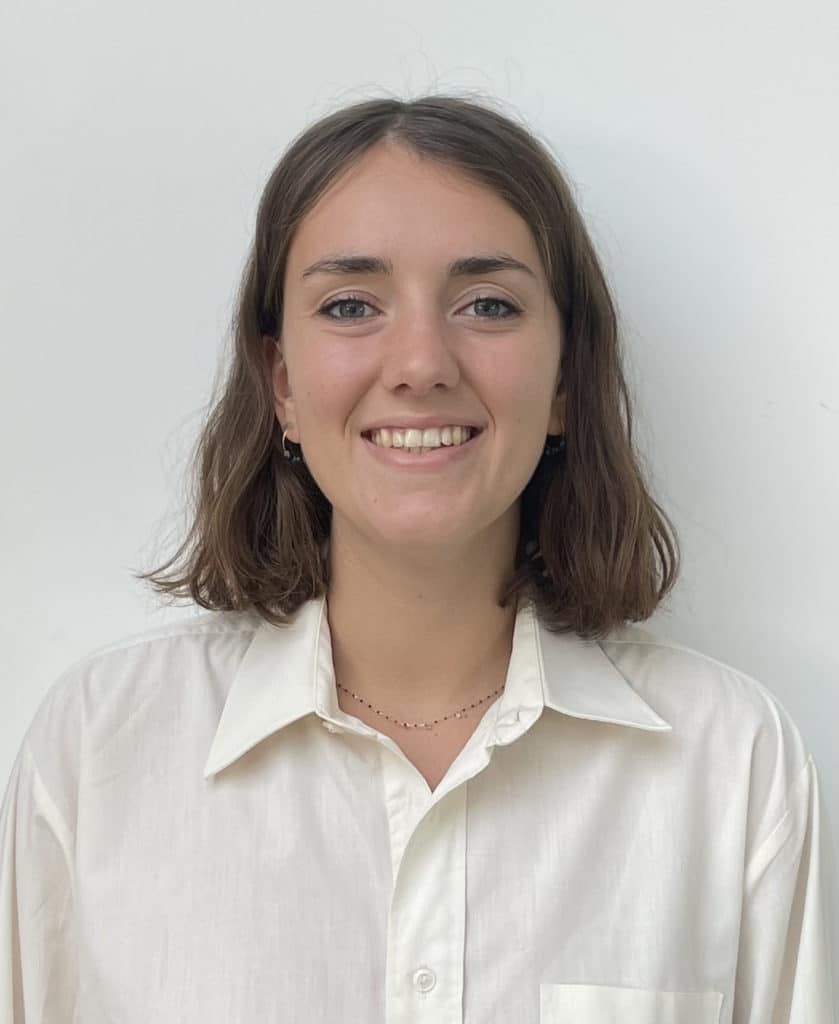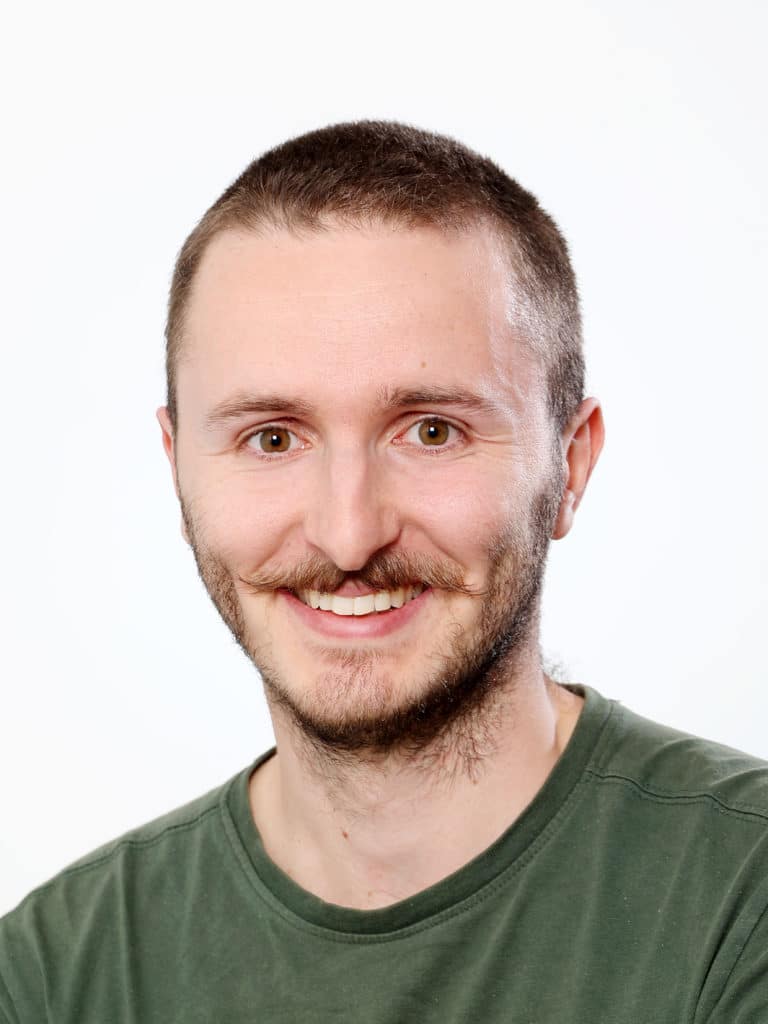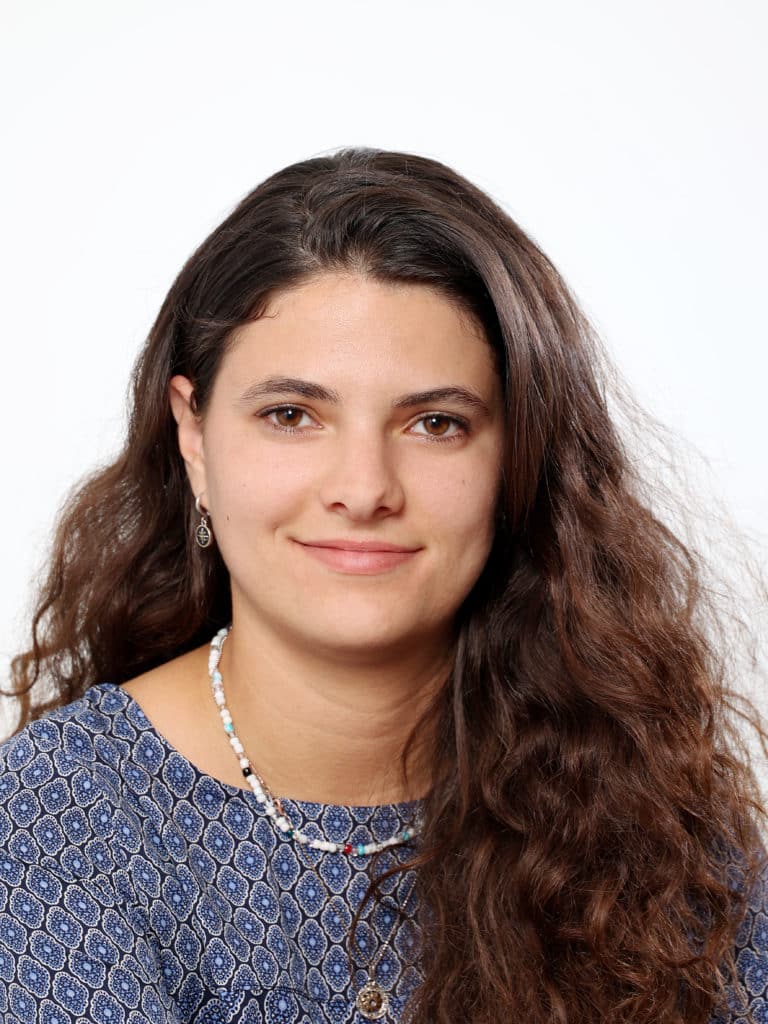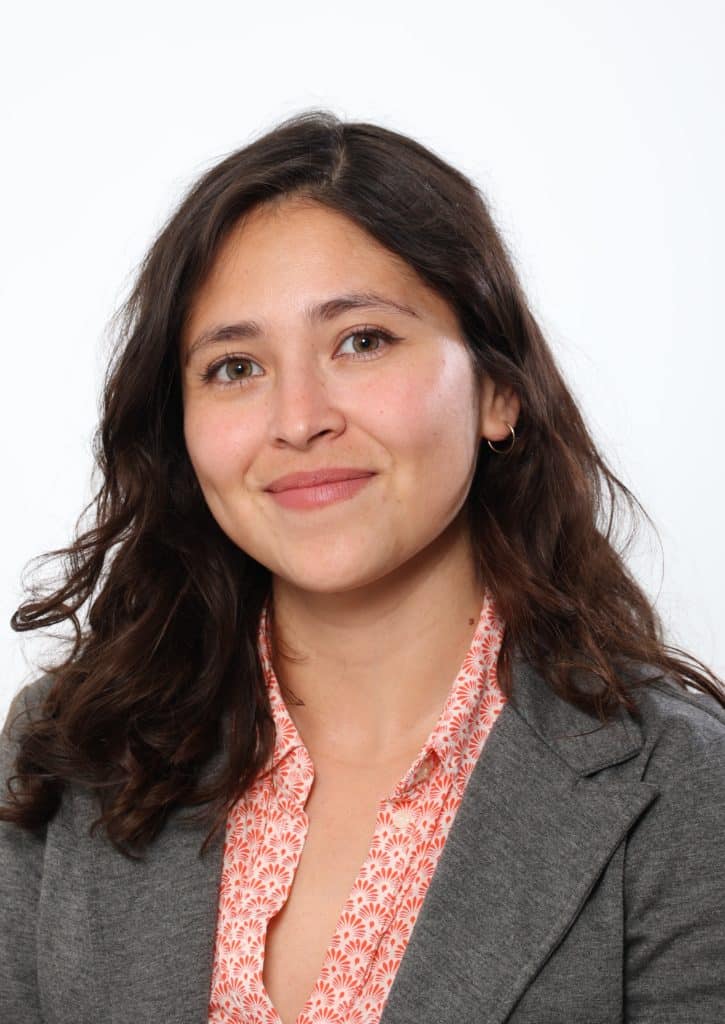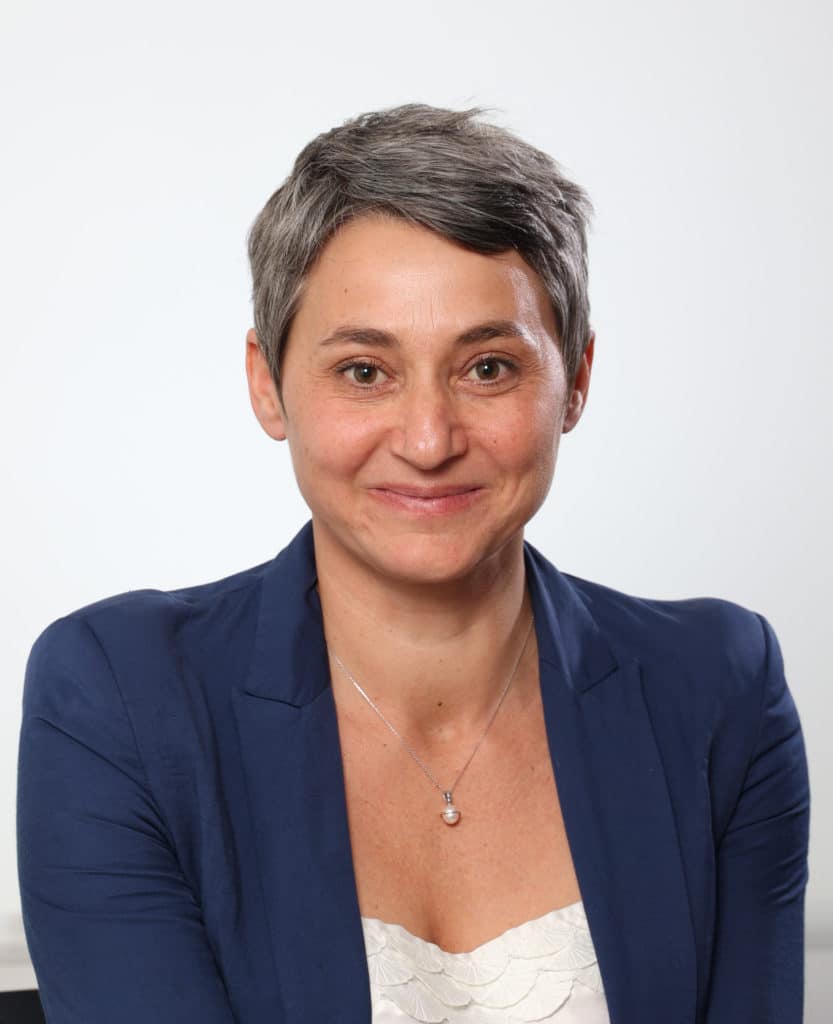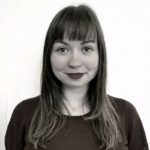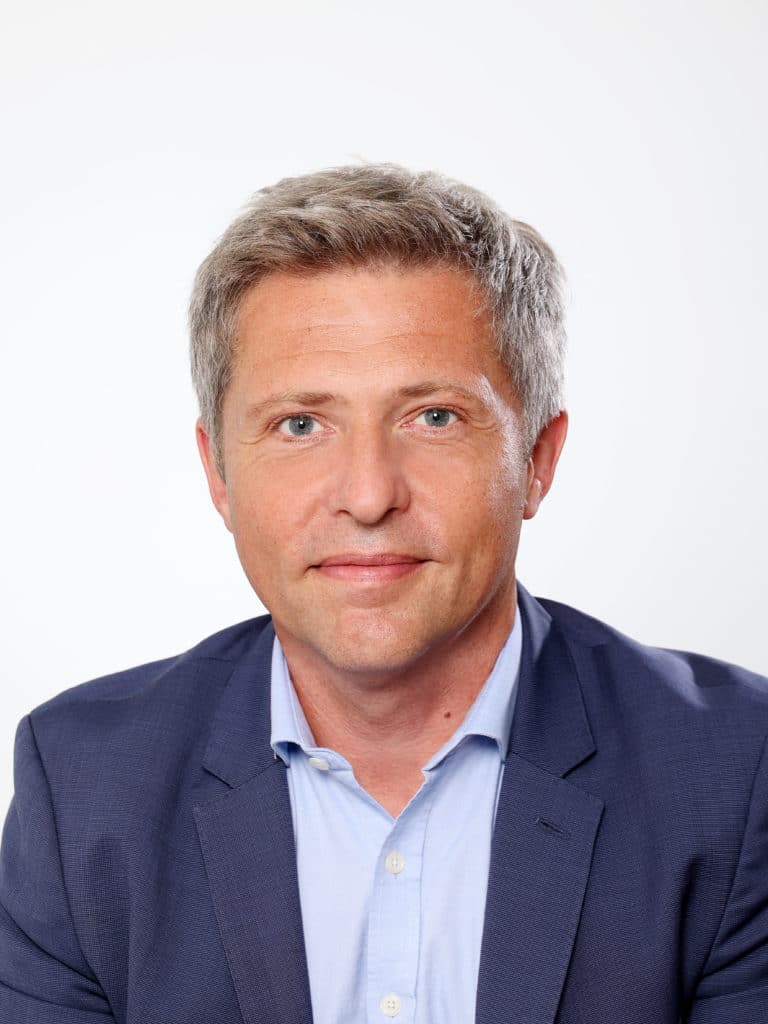Guide
Les carnets de l’innovation – Santé et bien-être dans les quartiers en renouvellement urbain
- Créativité
- Inclusion
- Résilience
- Sobriété
- Renouvellement urbain
- Santé
Depuis 2018, le groupe de travail « Santé » du Club ANRU+, copiloté avec l’ARS Île-de-France, réunit les territoires qui portent des projets favorables à la santé dans les quartiers en renouvellement urbain, qu’ils bénéficient des fonds complémentaires des Programmes d’investissements d’avenir (PIA) 1 ou non. L’ensemble des travaux menés à ce jour sont à restitués dans un carnet de l’innovation dédié.
Une lecture des opérations de renouvellement urbain à travers le prisme de la santé.
L’ANRU soutient la santé à travers l’accès aux soins de proximité bien sûr, en cofinançant le développement de lieux d’accueil et d’équipements pour les professionnels de santé, mais pas seulement. Si l’on appréhende la santé à travers une approche systémique de ses déterminants, le NPNRU peut favoriser directement la santé des habitants des quartiers. En se donnant pour objectifs d’améliorer globalement le cadre de vie, les projets de renouvellement urbain sont en effet une opportunité pour contribuer à la santé, en soutenant des opérations qui visent autant l’excellence que la santé environnementale, comme les démarches d’accompagnement au changement (relogement, chantier). Grâce à ce carnet, l’objectif est de rendre plus systématique une lecture des opérations de renouvellement urbain à travers le prisme de la santé pour en minimiser les impacts négatifs, et plus encore pour encourager les acteurs du renouvellement urbain à mobiliser des leviers favorables à l’émergence de lieux de vie sains et aux comportements favorables à la santé.
Il a vocation à :
- sensibiliser les acteurs du renouvellement urbain aux besoins spécifiques des QPV en matière de santé et les encourager à aborder leurs opérations à travers le prisme encore trop peu mobilisé de la santé ;
- comprendre la différence entre une démarche d’EIS et les études visant un Urbanisme favorable à la santé et donner des repères parmi les nombreux référentiels d’UFS existants ;
- doter les acteurs de recommandations stratégiques et opérationnelles visant un Urbanisme favorable à la santé, adaptées au contexte spécifique du renouvellement urbain et à une intervention ciblée en QPV ;
- inspirer les porteurs de projet à partir d’exemples concrets et diversifiés.

